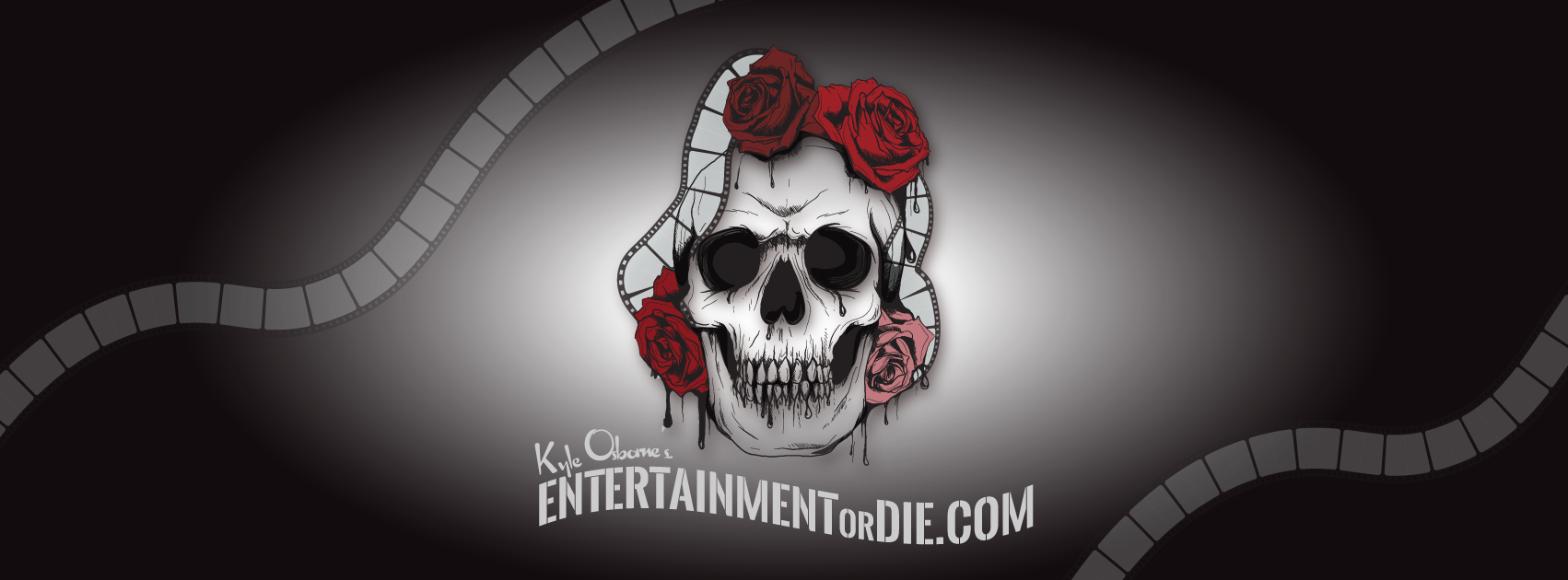You want to be happy for Dylan Farrow who, at the age of 35, is publicly speaking her truth about the alleged sexual assault her father Woody Allen was accused of (but never charged) when she was 7 years old. For the record, I have no reason to doubt her, though no other evidence is put forth.
You want the four-part docuseries Allen v Farrow to be cathartic not only for her, but for the entire family who went through untold troubles at the hands of the New York press and, it has to be said, at the hands of both Allen and Dylan’s adoptive mother, Mia Farrow, both of whom are not blameless for their participation in the public relations wars that consumed news outlets in the 90s. They made ugly uglier.
But you can’t, as a viewer, feel anything but pity or anger or sadness for most of it.
I was quite interested in the parts of the series that examined the legendary film director’s past works. Now seen in current context, many people say they can never watch those films again and many of his former cast members have famously disavowed him. One particular entertainment critic, a lifelong fan, is visibly pained but must admit that he can never watch another Allen film again.
Farrow’s showbiz tid-bits are interesting, too. She, after all, was married to Frank SInatra for two years and made 13 films over 12 years as Allen’s romantic partner and leading lady – so for film fans, there is some interesting perspective and background, especially in episode two.
But so much of the series is a revisit to the days when the public were witness to an estranged couple at their most vicious, making the worst possible charges against one another, recording each other’s phone calls, etc. As is the case with all splits, people take sides. Some, like actress Diane Keaton and son Moses, continue to believe Allen. Others say that, even if Farrow videotaped and repeatedly tried to elicit damning answers from a young child, that Dylan is now a grown adult who is telling the unvarnished truth. By the way, the video clips of Dylan are the “new” part of this particular series and were wholly unnecessary. The filmmakers already had Dylan speaking as an adult, they could have told us without showing us the video that Mia Farrow provided.
As for the filmmakers, they have clearly sided with Mia Farrow, who is seemingly given as much camera-time as she wishes to lay out everything from her point of view. Fair enough, but since Allen refused to participate, and is only represented in archival footage and audio snippets from his recent autobiography, it is just not possible to get all of the story from all of the parties involved.
Whether that matters to you as a viewer will be a subjective point. Certainly directors Amy Ziering and Kirby Dick have produced a subjective series. As a former journalist and current critic, one hopes that the old definition of “documentary” still stands, but that is too much to hope for these days.
So, I can’t really say “enjoy the series,” I can only say that parts of it are engaging and that the filmmakers are only presenting what they want to present. They cover their legal butts by putting up a disclaimer after each episode saying that Allen refused to participate. Look, even if he didn’t do everything he is accused of, he certainly had super creepy behavior-and, in retrospect, a creepy recurring theme in his films.
You may have noticed I haven’t mentioned his marriage to Soon-Yi Previn, who was the 21 year-old adopted daughter of Farrow when she and Allen started “dating,” and is now his 50 year old wife who is very much on his side. There, I mentioned it. The guy does not look good no matter how you parse this.
This is not the definitive, loop-closing film one hoped for, even if you can’t look away at times.
Allen v Farrow | 2 out of 4 Stars| Streaming on HBO Max| Reviewed by Kyle Osborne



